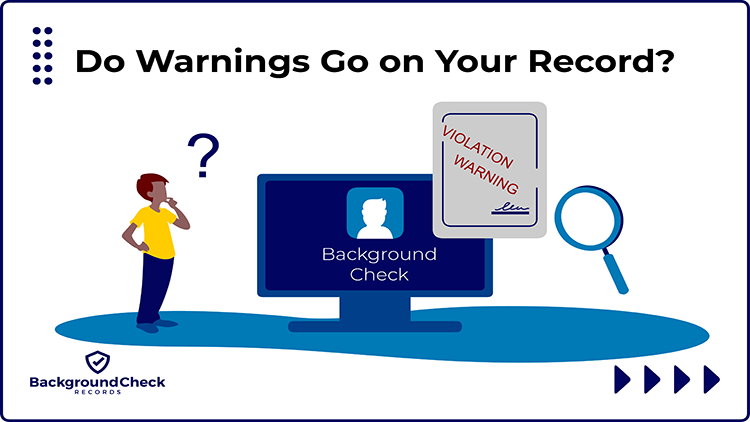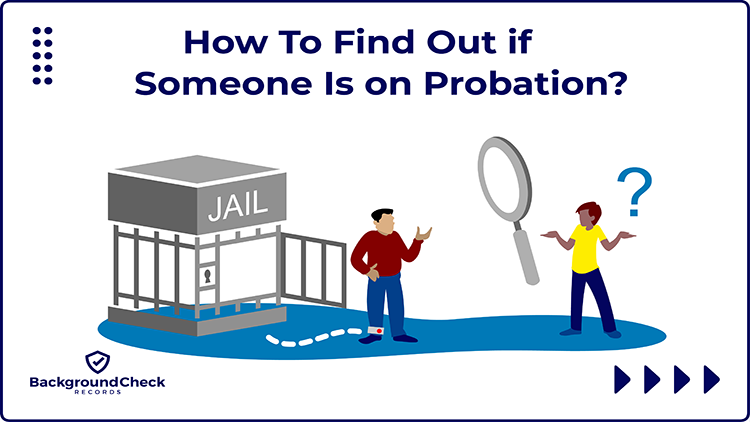We use cookies to ensure that we give you the best experience on our website. If you continue to use this site we will assume that you are happy with it.
What Is a Level 2 Background Check? How Far Back, Disqualifying Offenses
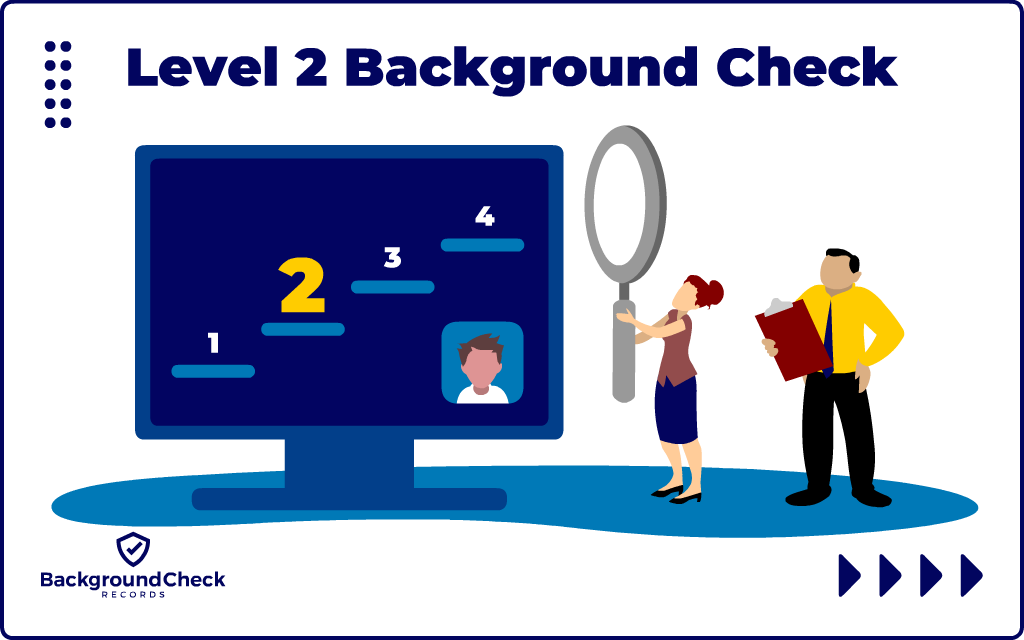
Table of Contents
It’s common for employers and licensing agencies to require a level 2 background check, but to most a level 2 background screening is a foreign term.
In any case, applicants of all sorts can gain admission to their dream school or begin their desired career by understanding what a level 2 screening is, how far back they go, and the disqualifying offenses that could affect their future.
What Do the Levels 1, 2, and 3 Mean On a Background Check?
Before learning more about the intricacies behind a level 2 background screening, it can be beneficial for people to know the basics of the following background checks: level 1, level 2, and level 3.
- Level 1: This is the simplest check an individual or company can conduct. It only consists of a name covering where the subject resides (usually their home state) and their employment history.
- Level 2: Unlike level 1 checks, this type covers national and state areas. It’s reserved for those who plan to work with vulnerable populations or sensitive information (more on this below).
- Level 3: It covers an individual’s preferences, past employment, any criminal history, and more. This commonly-used background check may also include drug testing.1
- Level 4: Level 4 background checks consist of all of the above, in addition to various tax records, social media checks, and other things since they are usually reserved for acquisitions and c-suite employees.
What Is a Level 2 Background Check Screening?
A level 2 background screening, sometimes called a tier 2 check or fingerprint background check, is one that complies with FBI rules and regulations. It’s typically used for prospective healthcare workers, but it’s also required for people applying for government jobs, finance jobs, and guns.2
However, level 2 or fingerprint background checks can be used for a wide range of position employments, volunteer roles, adoption, foster care applicants and more.
The FDLE (Florida Department of Law Enforcement) defines a level 2 check as one that’s mandatory for those employed in jobs associated with trust or responsibility; and while level 2 background investigations are used across the nation, Florida is the only US state that uses the term “level 2” to define a national background check while other states refer to it as a fingerprint background check.
In essence, it’s a fingerprint background check that screens applicants for disqualifying offenses through FBI Databases.
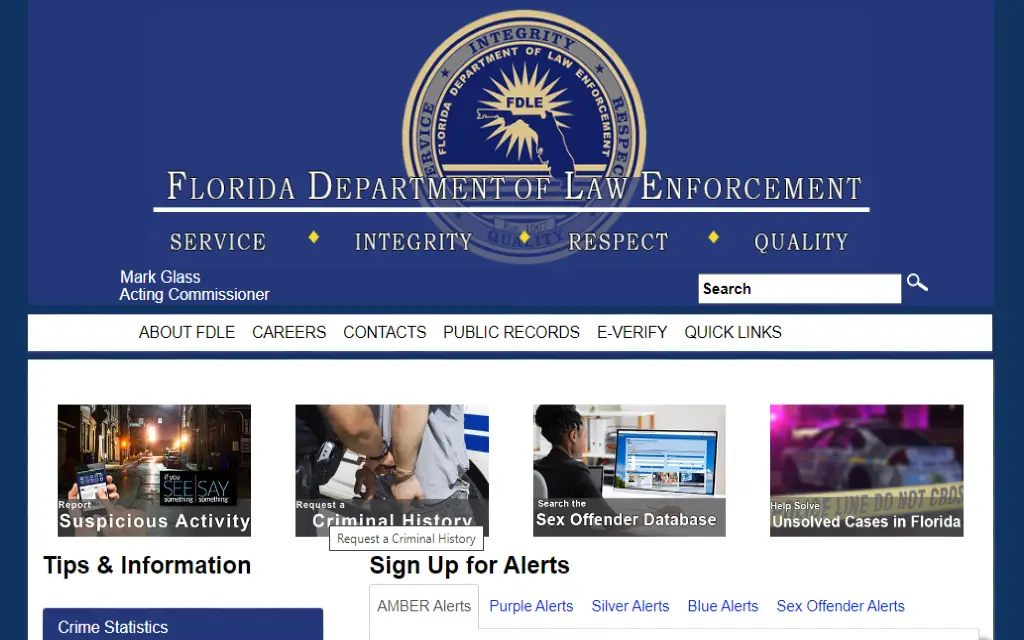
Per Florida Statutes Chapter 435.04, both potential and current employees are required to go through background checks offered by the FBI, local law enforcement networks, and the FDLE.
As mentioned earlier, this kind of check is particularly required for nurses, certified nursing assistants, and anyone else working in the healthcare industry. For Florida residents who need to apply for or retain their license, they have to go through the Agency for Health Care Administration (AHCA). They need to visit the Licensure Form page, select their specialty, and print out and complete the appropriate papers. They can also submit their applications online.
For background screenings, users currently holding licenses need to register or log in through the AHCA’s Background Check Screening Unit.
In other states, the Department of Health or similar agency will provide instructions on their submission process but it’s typically the same process where applicants fill out a form, get their fingerprints done (typically at a LiveScan location), and once they receive the background check report from the FBI, they forward it to the health agency or the FBI will send it directly to the appropriate entity.
What Does a Level 2 Background Check Reveal & What Criminal Information Shows Up?
A level 2 criminal background check reveals lots of information related to an individual’s criminal history and other aspects of their past. For one, this check can turn up any misdemeanors or felonies the subject committed.
Plus, most states even show pending charges. Nonetheless, how they’re handled varies from state to state. For example in Michigan, a person’s pending felonies show up. But Kansas forbids the reporting of someone’s pending charges.
If someone’s worried about any arrests or warrants showing up in their background check, they shouldn’t fret just yet. Any arrests over seven years old that didn’t end in a guilty verdict may or may not show up on their background report.
As a matter of fact, some employers aren’t allowed to ask about a person’s arrest records so that the subject has a fair chance at a job opportunity. Also, unexecuted warrants don’t show up on records. Job candidates may even be required to go through a drug screen depending on their prospective employer.3
Is it Possible To Pass a Level 2 Check for Employment With a Felony on Your Record?
Many people who were found guilty of felonies in the past are understandably concerned about being barred from a job opportunity or continuing to practice a certain profession. There’s some truth in that because teaching, psychology, and real estate are some of several professions that are either restricted or closed to felons.
However, this doesn’t mean there’s nothing anyone can do about it. Depending on state/federal regulations, personal circumstances, and the severity of said felonies, someone can get them expunged. Also, unless an individual’s felony record is relevant to their desired profession, the EEOC’s (Equal Employment Opportunity Commission) Civil Rights Act prohibits employers from preventing candidates from applying for a job.
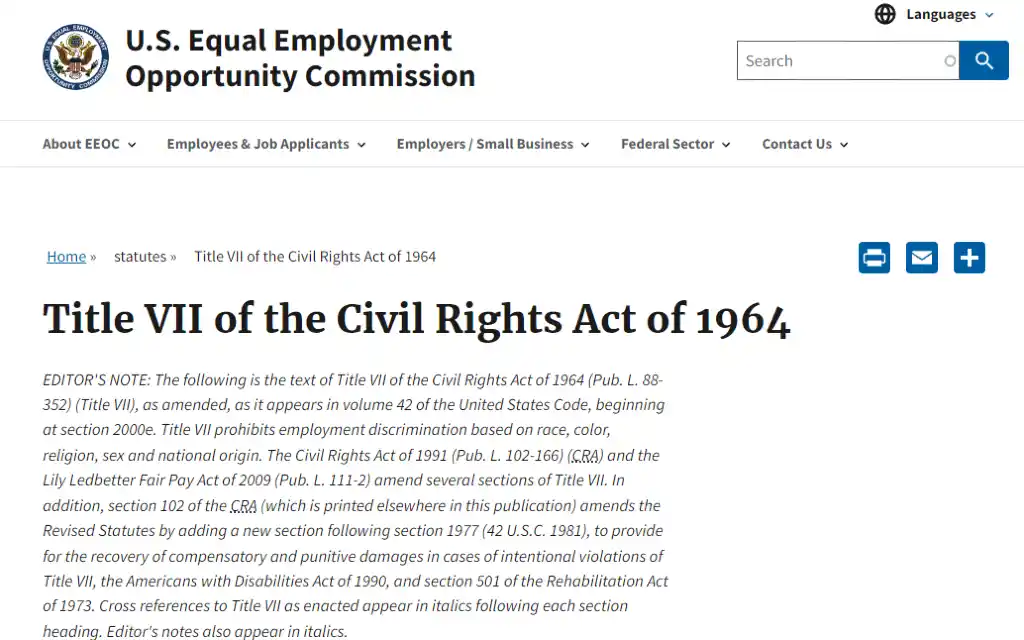
Am I Required By Law To Disclose a Felony After 7 Years?
If it’s been seven to ten years since a person’s felony conviction, applicants are not required by law to disclose or bring it up but individuals should always check their state laws, which can be found in the following links, to determine if a 7 year background check or 10 year background screening applies.
As previously mentioned, an individual can expunge their felony record if they’re worried about it affecting their job prospects. Nevertheless, they have to check the expungement laws of each state before doing so.4
Disqualifying Offenses of Level 2 Background Screenings
There are several level 2 background screening disqualifications that’ll prevent someone from working in education, healthcare, and other professions if they happen to possess them.
Note, any of the following offenses automatically disqualify them even if they’re awaiting the final disposition of an arrest or trial:
- Murder
- Sexual misconduct
- Luring/Enticing a Child
- Burglary
- Assault
- Kidnapping
- Elder abuse
- Battery
- Possessing a weapon on school property
- Lewd behavior
In addition to these offenses and other felonies, background checks include tax records and tax fraud could be a disqualifying offense for those applying or working at a financial institution in addition to some federal positions.
How Many Years Back Do Level 2 Background Checks Go (Nationwide & Florida)?
A level 2 background check (or federal background check) typically goes back seven years. However, some states like California and Massachusetts go as far back as a decade.5
Level 2 checks in Florida have a similar time length of around seven to 10 years.6
Pre-Employment Background Check Laws for Florida & Beyond
Level 2 screenings are most common for employment and thus, understanding various laws within a state or jurisdiction. It’s crucial to ensure there’s no discrimination and that the potential employer followed the correct policies and procedures.
Florida Background Check Laws
When hiring someone in Florida, there are a few laws prospective employers have to abide by. For instance, when running a background check on an applicant, public employers can’t turn them away due to minor offenses.
In addition, those who were found guilty of felony drug offenses aren’t allowed to work for government agencies per Florida Statutes Chapter 775.16. (They can remove this qualification by finishing their sentences as well as completing any required drug treatment programs.)
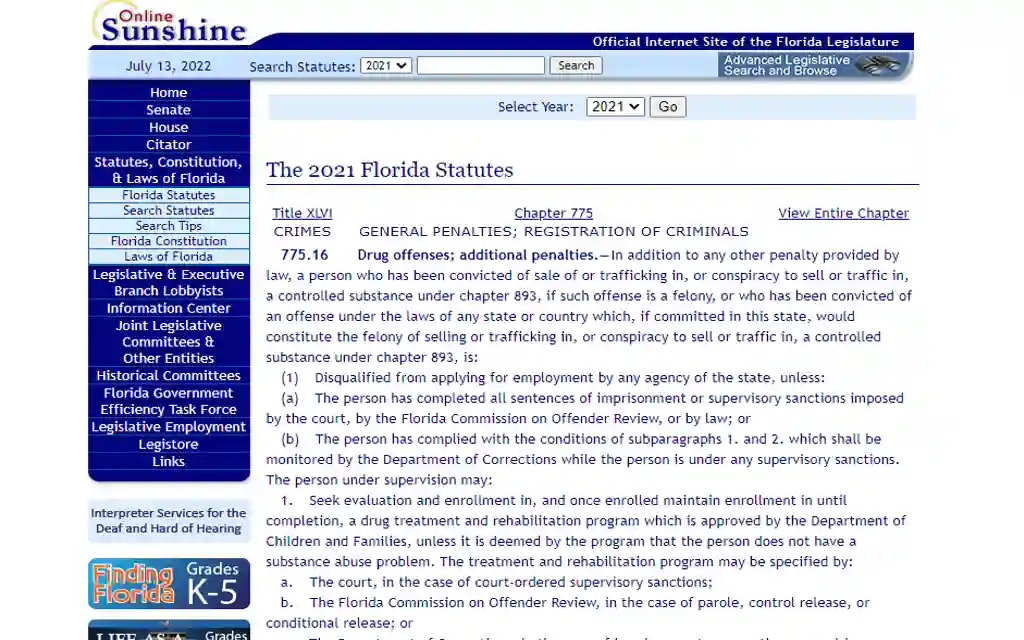
Though Florida isn’t a ban-the-box state, some of its cities and counties have similar laws such as Lakeland and Orange County.7
Residents who committed certain felonies in their youth are in for some good news. On July 1, 2022, legislators passed a new expungement law in Florida: HB 195. This law mandates that the FDLE erase the felony arrest records of minors as long as they enter and complete a first-offender program. An expunged record gives them a fresh start.
Ban-the-Box Laws (Nationwide or State-by-State)
A ban-the-box law–aka the Fair Chance Act–mandates that public employers refrain from asking job candidates about any charges or convictions prior to hiring them. However, this law applies mostly to government employers. (This law applies to private employers in certain states.)
Also, only 35 states, the District of Columbia, and several cities and counties have a ban-the-box law since there’s currently no federal version of it. Below is a table showing the state, cities/jurisdiction, and regulations regarding individual ban-the-box laws.
| State | Cities & Jurisdictions | Ban-the-Box Regulation |
| Arizona | Whole State | State agencies with 15 or more employees
Employers can’t ask about criminal records during the application process. Can only inquire about criminal records that are seven years old or older |
| California |
|
|
| Colorado | Whole State |
|
| Connecticut |
|
|
| Delaware | Whole State |
|
| DC | N/A |
|
| Georgia |
|
|
| Hawaii | Whole State |
|
| Illinois |
|
|
| Indiana |
|
|
| Kansas | Office of the Governor |
|
| Kentucky |
|
|
| Louisiana |
|
|
| Maine | Whole State |
|
| Maryland |
|
|
| Massachusetts |
|
|
| Michigan |
|
|
| Minnesota | Whole State |
|
| Missouri |
|
|
| Nebraska | Whole State |
|
| Nevada | Whole State |
|
| New Jersey | Whole State |
|
| New Mexico | Whole State |
|
| New York |
|
|
| North Dakota | Whole State |
|
| Ohio | Whole State |
|
| Oklahoma | Whole State | All state agencies
Employers can’t ask about criminal histories unless the candidate possesses a disqualifying felony. |
| Oregon |
|
|
| Pennsylvania |
|
|
| Rhode Island | Whole State |
|
| Tennessee | Whole State |
|
| Texas | Austin |
|
| Utah | Whole State |
|
| Vermont | Whole State |
|
| Virginia | Executive Branch |
|
| Washington |
|
|
| Wisconsin |
|
|
Whether someone’s planning to adopt, renew a license, or apply for a job, they need to know what to expect when pursuing their goals. That way, they’ll be very prepared on the day when they have to go through a level 2 background check.
References
1 How many levels of background checks are there? How many levels of background checks are there? (2020, May 7). Peopletrail. Retrieved July 9, 2022, from <https://peopletrail.com/levels-of-background-checks/>
2 What is a Level 2 Background Check? [All You Need to Know]. (n.d.). Techjury. Retrieved July 9, 2022, from <https://techjury.net/blog/what-is-a-level-2-background-check/>
3 Pencheva, D. (2022, April 6). What Is a Level 2 Background Check? WebTribunal. Retrieved July 9, 2022, from <https://webtribunal.net/blog/level-2-background-check/>
4 What’s A Level 2 Background Check In Florida? (2021, October 14). Global Background Screening. Retrieved July 9, 2022, from <https://www.globalbackgroundscreening.com/post/what-s-a-level-2-background-check-in-florida>
5 what type of information is in a federal background check? (n.d.). Nstec.com. Retrieved July 9, 2022, from <https://www.nstec.com/technology/what-type-of-information-is-in-a-federal-background-check/>
6 Question: How Far Back Does Florida Background Check Go. (n.d.). Worldanything. Retrieved July 9, 2022, from <https://worldanything.com/how-far-back-does-florida-background-check-go/>
7 Rodgers, M. J. (2022, July 4). A Complete Guide to Florida Background Checks [2022]. iprospectcheck. Retrieved July 9, 2022, from <https://iprospectcheck.com/florida-background-check/>
8 List Of States And Municipalities With Ban The Box Laws. (n.d.). AccuSource. Retrieved July 9, 2022, from <https://accusource-online.com/list-of-states-and-municipalities-with-ban-the-box-laws/>
9 Ban the Box States 2022. (2019, September 1). World Population Review. Retrieved July 9, 2022, from <https://worldpopulationreview.com/state-rankings/ban-the-box-states>

